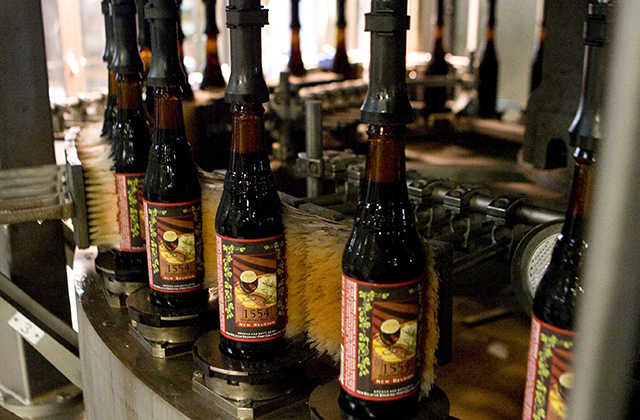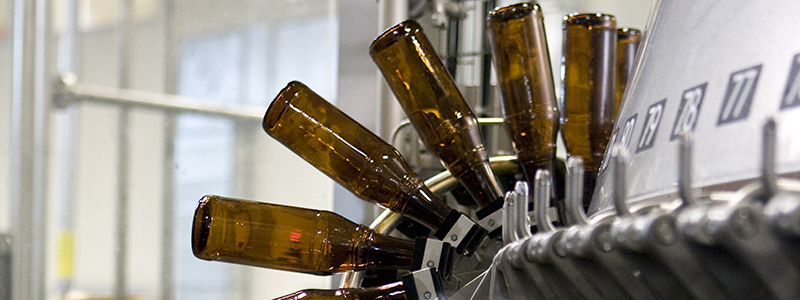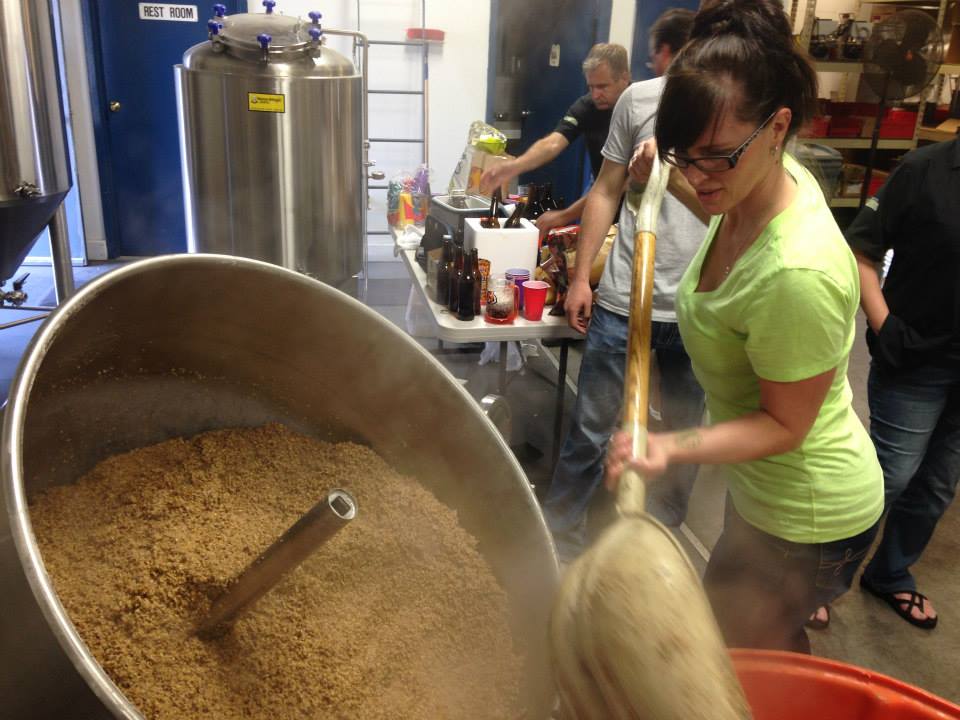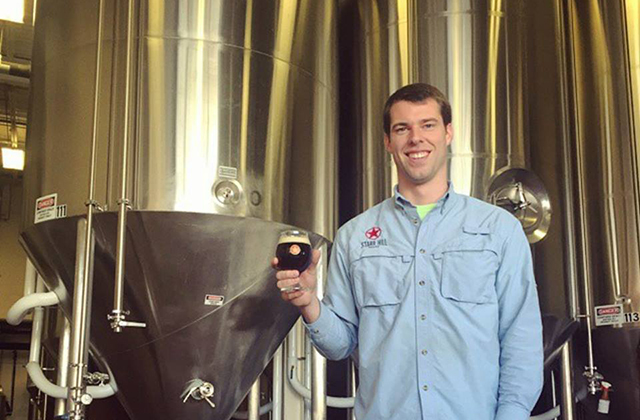
Key users of glass bottles, including craft breweries, have teamed up to raise awareness for the need of glass recycling.
The Glass Recycling Coalition was formed this spring, including a co-founder being New Belgium Brewing along with fellow members Allagash and Sierra Nevada. The breweries extol virtues of sustainability and being champions of glass recycling is no different.
“We are always looking at how we can honor the environment in our business decisions and recycling is a key part of that,” said Katie Wallace, New Belgium’s Assistant Director of Sustainability. “We know the glass recycling industry is facing significant challenges and believe that consumer-facing brands are an important part of a collaborative, nation-wide solution. We look forward to all that lies ahead and are honored to be part of this process.”
New Belgium, Allagash and Sierra Nevada have joined forces with the Glass Packaging Institute trade organization to help build a foundation to make glass recycling a successful industry, and an efficient, high-quality and convenient service consumers want and expect. And it’s all represented by consumer brands, glass manufacturers, waste haulers and recycling processors.

Glass manufacturer Owens-Illinois is also a part of the GRC and O-I communications manager, Beth Peery, said that using recycled glass in its manufacturing process has a number of sustainability benefits, including less need for raw materials, and a reduction in emissions and energy use.
“Like New Belgium, many craft brewers have a strong commitment to sustainability,” said Peery. “For them, sustainability is an important part of their brand identity. Ensuring that each component of their product and process, including the packaging, is as environmentally responsible as possible enhances their brand and provides them with a competitive advantage.”
Along with the recycling concerns, GPI recently released a study that said 71 percent of craft beer consumers preferred the taste of their beer from a glass bottles compared to 15 percent in cans with 14 percent saying they had no preference.
Although many breweries have begun canning lately, glass is still king, as indicated by GPI president Lynn Bragg.
“A lot of breweries choose glass first, they enter the market first in glass because that’s appealing to consumers,” she said. “Obviously there are some places, if you are going to a stadium, most don’t have glass, but we find that as an industry that glass is still appealing to both consumers and brewers.”
Keeping that appeal has been key, and Bragg said that many suppliers have worked to make smaller shipments available to smaller craft beer accounts.
“We have become very nimble in terms of being able to serve a new brewer and help them introduce their beer into the marketplace,” she said. “They have a different perspective [now] where there is no customer that is too small.”
For a supplier like O-I, it created a new component, O-I Packaging to be able to service what craft breweries would need in terms of glass.
“O-I Packaging Solutions offers small quantity orders and flexible payment options,” she said. “They have a highly trained, geographically dispersed sales staff and a close connection to the manufacturing expertise that O-I brings.”
Although U.S. glass manufacturers have reduced the weight of glass bottles by approximately 40 percent over the last 30 years thanks to improvements in batch composition and manufacturing processes, Peery said that the thought that the weight of the glass hurt the environment because of transportation issues. is a myth.
O-I conducted a Life Cycle Analysis and found that a typical beer bottle has the smallest carbon footprint of any container in North America.
“In reality, transportation accounts for less than 5 percent of a packaging material’s total carbon footprint,” she said. “Glass manufacturing is by and large a local industry. The vast majority of our customers and suppliers are within a day’s drive of our production plants.”





1 Trackback / Pingback